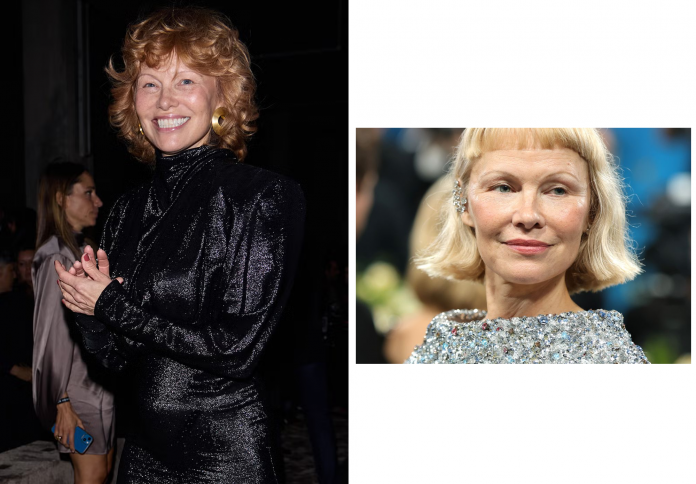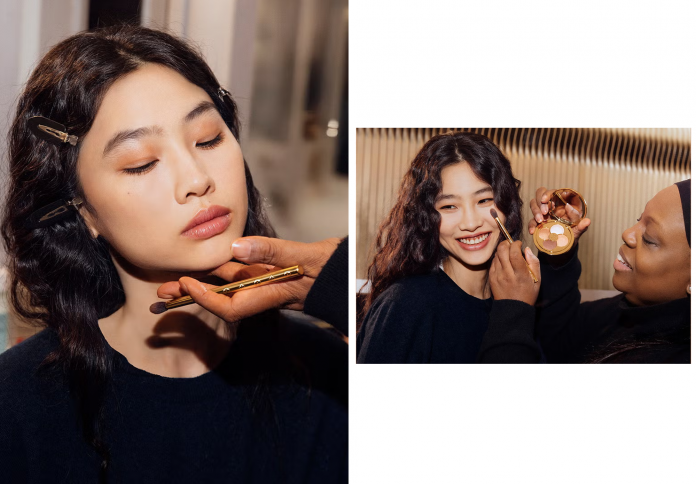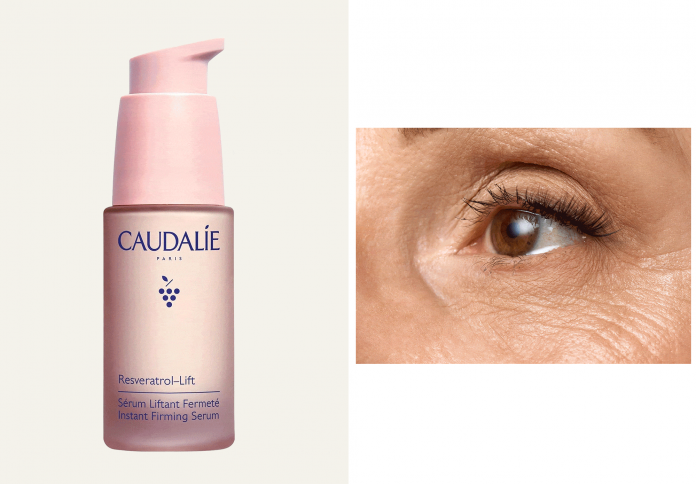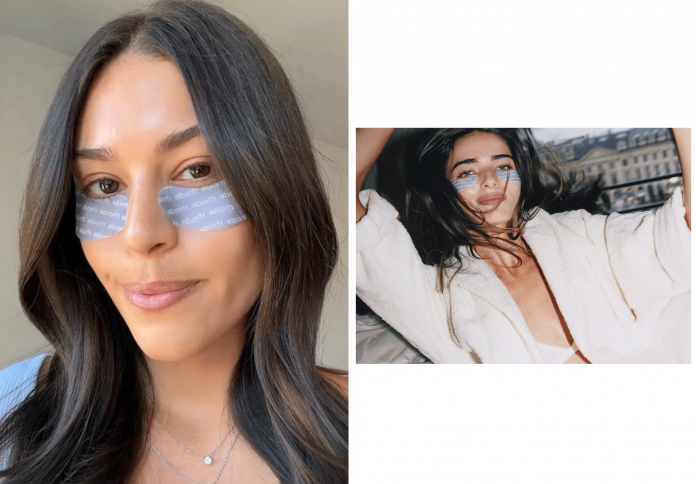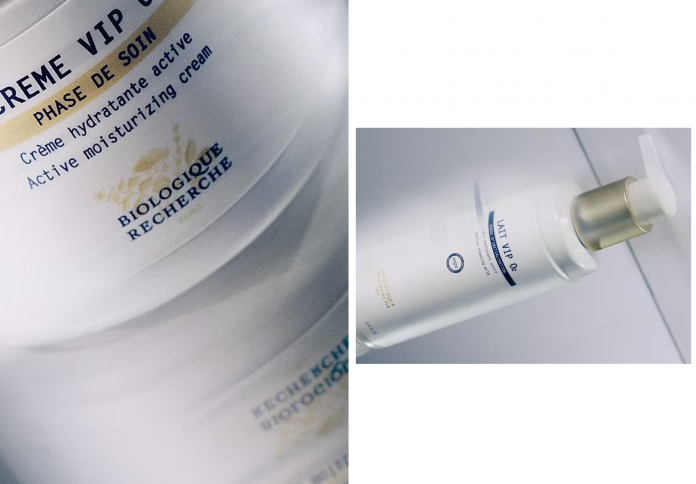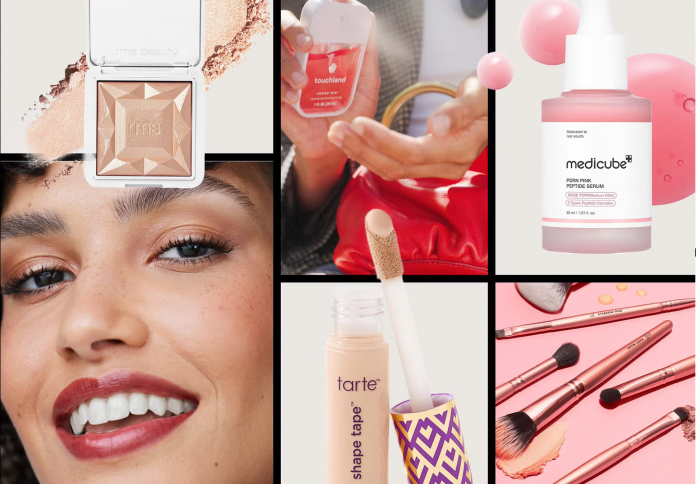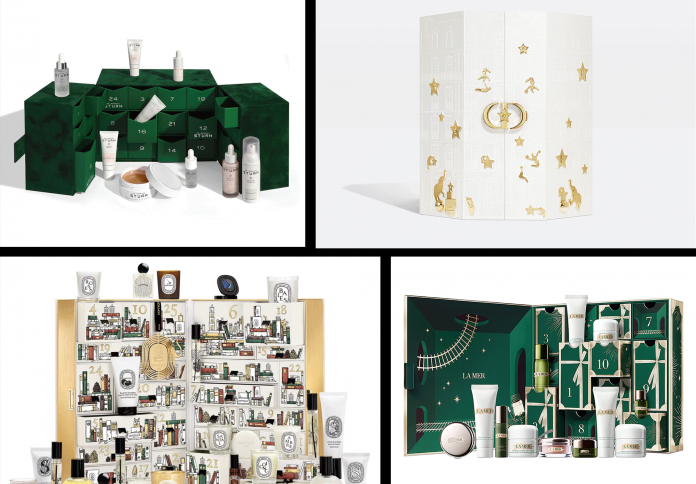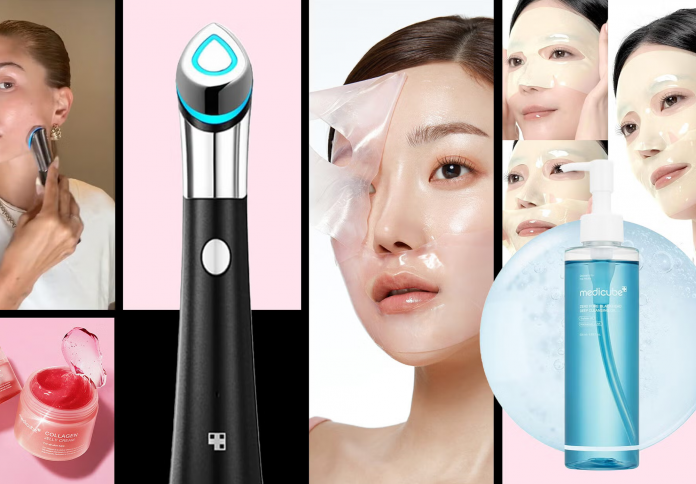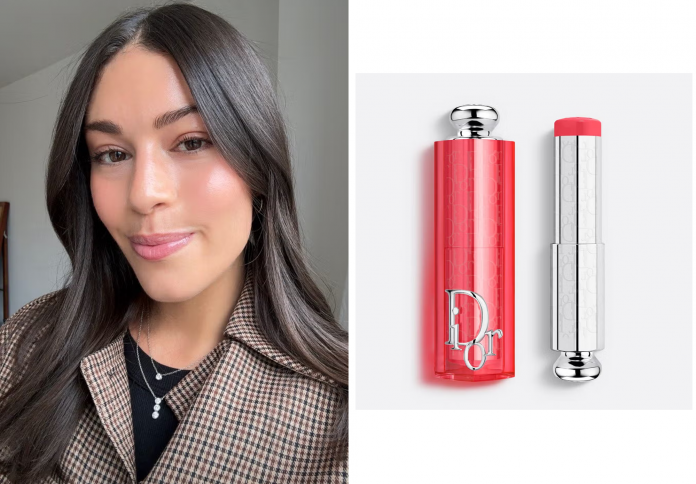Pamela Anderson has completely redefined her iconic image, trading the trademark platinum waves of the past for a versatile, sophisticated, and distinctly modern short haircut: The Pamela Bob. This transformation, which began with a sleek, blunt chop at the Met Gala, has since evolved into a masterclass in short-hair versatility, positioning Anderson as 2025’s breakout hair icon. Unlike rigid, single-style bobs, The Pamela is defined by its internal layers and texture, which allow it to transform from a minimalist, slicked-back style to a voluminous, retro ’80s look, or even a soft copper shag. The trend is less about a single cut and more about a confident, fearless approach to beauty that embraces authenticity and self-expression, proving that shorter hair is a blank canvas for high-impact, low-effort glamour at any age.
The Anatomy of the Adaptive Chop
The core principle behind The Pamela Bob is not its length, but its ability to adapt. While the baseline often sits just above the shoulder or at chin-length, the key to its dynamic nature lies in the subtle techniques employed by the stylist.

A good interpretation of the cut incorporates internal texture and soft layers. Unlike a sharp, one-length bob, these undetectable internal layers are crucial for creating movement and preventing the style from looking too heavy or dated. This technique allows the hair to be pushed back effortlessly or styled with natural waves and volume, maintaining an elegant, versatile silhouette. Hairstylists emphasize that the bob is a cut that should “evolve”—starting slightly longer for nervous clients, and gradually incorporating texture to encourage playfulness and adaptability. The finished product is a cut that beautifully frames the face and enhances the elegance of the neck, working across various textures and densities.
From Joan of Arc to the Flippy Bob: A Stylistic Tour
Pamela Anderson has used her short hair as a constant stage for creative expression, demonstrating five distinct and covetable ways The Pamela Bob can be worn, proving short hair does not equal limited options.
The initial debut was a blunt, chin-skimming crop with soft bangs, reminiscent of a brave, strong silhouette. This quickly pivoted into an Old Hollywood, voluminous curl style, achieved with rollers to create ’50s-era pin curls and coiffed ends. For a contemporary, cool-girl vibe, Anderson wore the “boyfriend bob”—a side-parted style softly slicked back behind the ears for a minimalist finish. Most recently, she experimented with a textured ’70s shag and a smoked copper color, defined by soft, shaggy layers and natural waves. This stylistic journey highlights that the cut is powerful because it is textured, not razor-sharp, giving it the movement needed to transition seamlessly between formal, glamorous waves and casual, undone texture.
The Empowerment of Short Hair and the Anti-Trend Movement
The massive popularity of The Pamela Bob transcends mere aesthetics; it signals a cultural shift toward effortless, authentic glamour, particularly for women over 50. Anderson, who has also pioneered the no-makeup movement, uses her hair to make a powerful statement.

The shift away from her signature bombshell image to a versatile bob is seen as a masterclass in aging authentically and rejecting outdated beauty norms. Stylists note that the look feels modern because it is low-maintenance, sharp, and radiates confidence, rather than trying to disguise age. The addition of warm copper or auburn tones in some of her looks brings flattering vibrancy, complementing changing skin undertones. The overall trend, which is currently dominating searches, is rooted in the message that short hair is an act of expression, not hiding. It is a choice to stand out on one’s own terms, proving that a versatile, well-cut bob can be the ultimate symbol of fearlessness and style.
